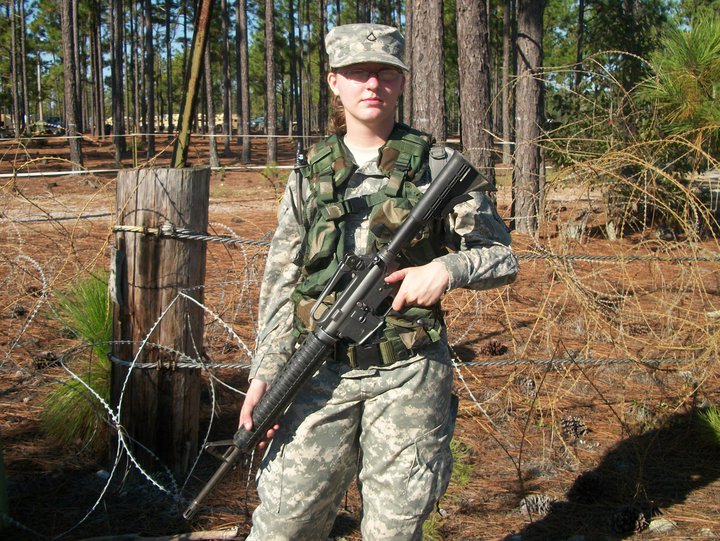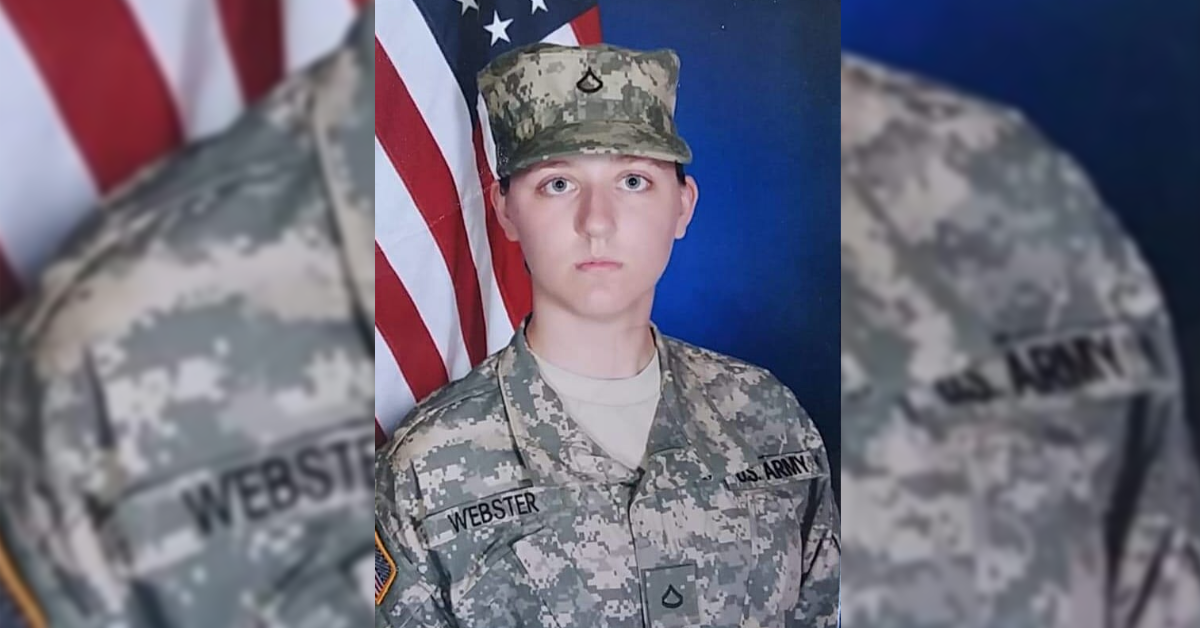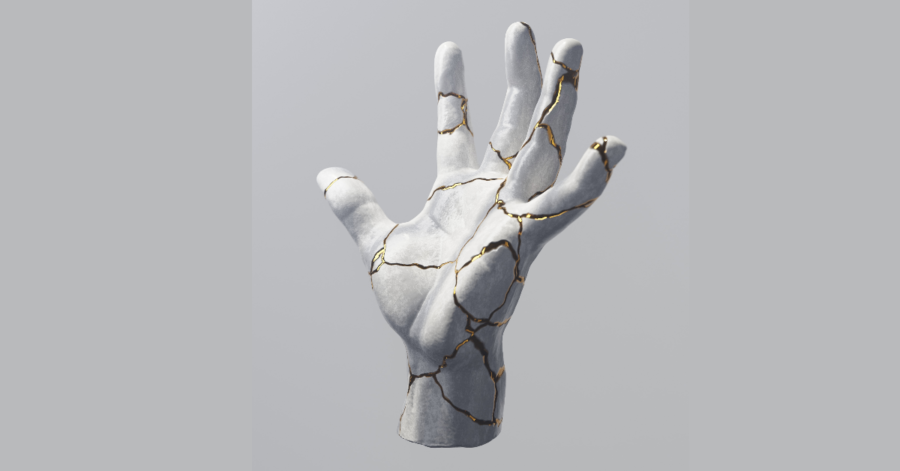When people realize I’m a veteran, there’s one of two reactions: doubt or curiosity. I really don’t blame them for such reactions; I’m 5’3”, walk with a gait, and I’ve put some weight on following my time served. Then again, women service members statistically make up a smaller percentage of the United States Army, let alone other military branches. Even by the VA, I am often misgendered with the representative asking to speak to Daniel Webster or Mr. Webster. Being misidentified isn’t a concern to me, as it has become a joke. Realistically, however, thousands of women serve in the Armed Forces, and their contributions go overlooked. While our male peers may enjoy the spotlight of recognition, our time served is frequently viewed skeptically. What job or role did we have, and did we deploy? Are we “real” soldiers?
It was initially seen as a joke when I enlisted in the Army. The recruiter was kind but uncertain that a 17-year-old, rail-thin, foster teenager really had what it took to succeed. My foster parents at the time doubted my prospects as well, and getting the state to sign the paperwork to permit my enlistment was outrageous. The judge gave his blessing, though, and over the summer between my junior and senior years of high school, I was sent to Fort Jackson, South Carolina. I had many firsts during that time, such as riding in an airplane and seeing fire ants. I did my research in the months leading up to going to BCT (Basic Combat Training). I knew what I was in for. I knew I had what it took. For me, however, failing and going home wasn’t an option. Many adults around me at that time doubted I’d make much of myself and told me such. I didn’t want to prove them wrong, and I wanted to prove to myself that I was capable. And I was.
BCT is where the military weeds out, so to speak, the weak from the strong. Getting yelled at is part of it, but the main goal is to find camaraderie with your peers. You’re thrown in with many people whose backgrounds, religious beliefs, and experiences differ from yours. Focusing on individual differences only sets you and your peers up for failure. The key was to focus on a common mission while ensuring that your battle buddies were as competent and driven as you. Regardless of personal issues, conflicts within, or extenuating circumstances, the job needs to be done so you get it done. You also learn to think on your feet and make a decision, then follow through with it. There’s not always time to break things down to make a better choice – thus, you go with what you can, and hopefully, everyone ends up better off afterward.

Aside from the mental growth that occurs during BCT, another aspect is how you’re trained to respond through automatic physical movements. You become conditioned to sit where you have a vantage point over the room or place you’re at. This is a big reason why many former military and current service members won’t sit with their backs to a door. It’s a conditioned response from training received to prepare us for dangerous situations and to react as aptly as possible when necessary. One such conditioned response I have comes directly from my MOS (Military Occupation Specialty) code: to avoid debris in the roadway when I’m driving. My MOS was 91B – light-wheeled diesel mechanic. With that job came the expectation of being aware of potential hazards, from identifying a trash bag in the road to avoiding parts of a shredded semi-tire. While beneficial, it can be annoying to recognize I didn’t need to change lanes to avoid a roadkill skunk, but having such unconscious habits can serve one well.
My military career was cut short for reasons which will be explored in an upcoming article. I never deployed; thus, for the longest time, I felt my service was insignificant. I didn’t feel like a “real soldier” and still feel insecure when I’m in the company of much more decorated peers. Regardless of my internal conflicts, my fellow military members have never treated me as less. Being a woman in the military, you almost have to develop a thick skin – but, overall, most men view you as their equal and not as less.
Another gender difference brought up at a recent panel held by the UIS Military and Veteran Student Services was how we, as women, felt we had to work harder to achieve the recognition men were easily given. That’s not a point of gender inequality, as much as how slow progress has been for women to break into specific roles in the armed forces. It was only in 2016 that women were allowed to take on combat roles in the Army, and even that was met with a huge amount of backlash.
Personally, speaking as a woman who served in a male-dominated field within a male-dominated career path, I see no reason why certain job roles should be excluded based on gender. Women served in combat roles in ancient civilizations, so any argument for restricting us to “safer” roles within the military is a moot point. Women in the military may join for various reasons, but speaking from experience, it is not to simply make up a statistic. Women have experienced the same training as men in the military, which means we can perform the job like any man we work alongside. Personally, it’s empowering to know that I succeeded where others either failed or did not try.
Regardless of my deployment status or my insecurities about my service stateside, I am an American woman veteran and proud to have learned important skills through my military service, which are still applicable to my life as a mother, a student, and as a civilian.















